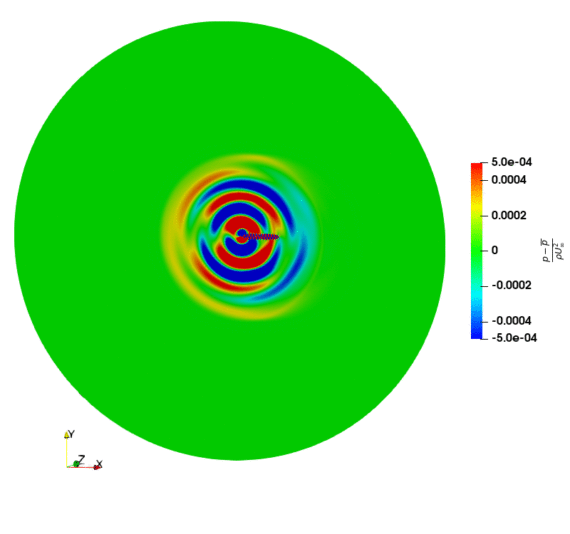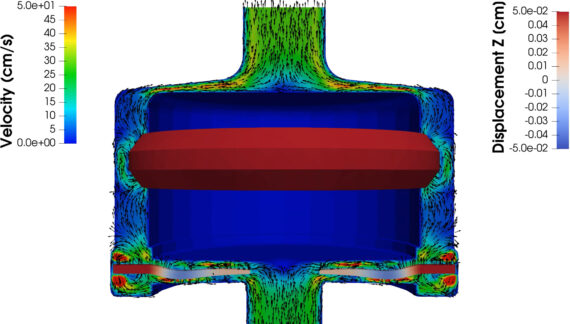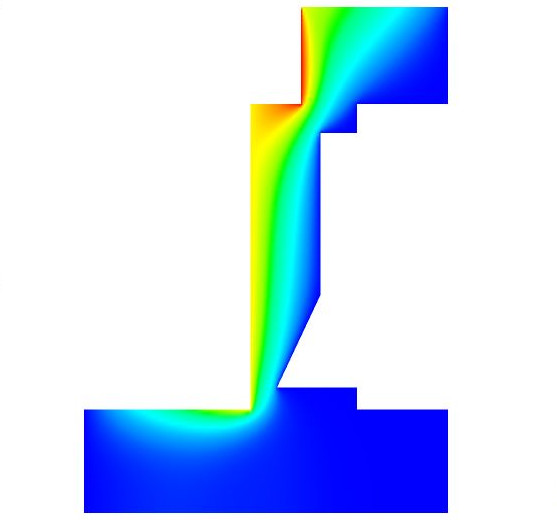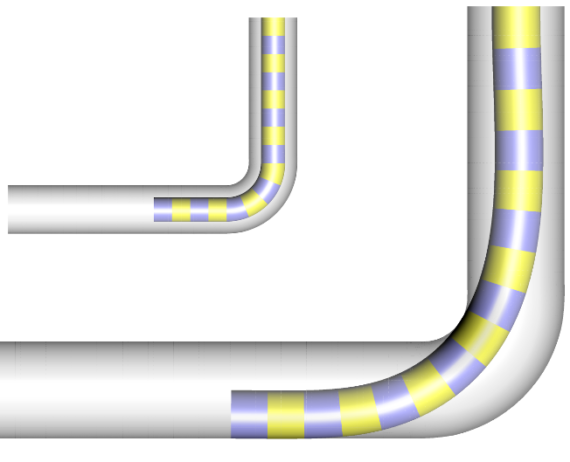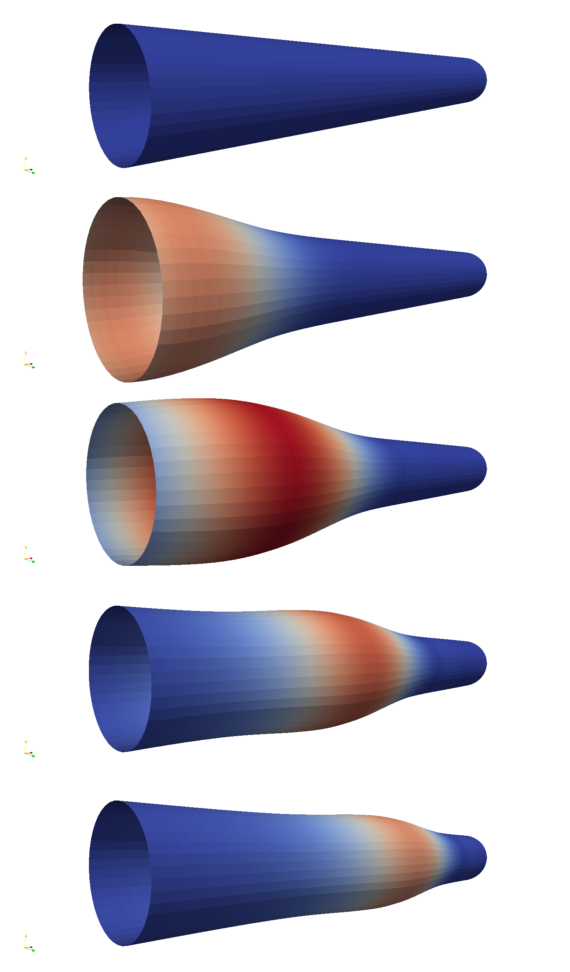In collaboration with Thales Alenia Space Italia, MOX has developed a new technology based on advanced mathematical algorithms for the topology optimization of mechanical components, in a finite element setting. The resulting configurations are characterized by lightness and high structural performances, while exhibiting free-form features particularly suited for 3D printing […]
SC4I Projects
In the framework of a joint PhD between the Department of Mechanical Engineering (DMEC) and the Department of Mathematics (DMAT), Alberto Artoni is developing a high-order hybrid Computational Aero-Acoustics simulation tool coupling the spectral element solver SPEED and the OpenFOAM CFD library. The activity involves a multi-disciplinary research group […]
In the context of the European Project “ROMSOC – Reduced Order Modelling, Simulation and Optimization of Coupled systems’‘ (H2020-MSCA-ITN-2017, EU project 765374), a new family of cardiac pumps based on membrane waves oscillations which allow to win the adverse pressure gradient has been studied. With respect to standard rotatory pumps, […]
Since 2016, MOX is collaborating with a leading tire manufacturing company for the development of reduced model for the analysis and prediction of the mixing process in continuous mixing facilities. A new project has been defined to further implement the numerical model and perform a complete assessment of the approach […]
A new project in collaboration with MOXOFF and Tetra Pak has analysed the potential application of reduced order modeling for the design of components of the filling and forming system. Fast and reliable simulation of the flow through the counter pressure flange in the filling system have been simulated using a reduction […]
A research project on the simulation of drill-string inside well bore has been defined with Tenaris, the world leader supplier of tubes and services for the world’s energy industry. The project will focus on the development of a numerical model for the simulation of the drill-string configuration inside the well […]
Based on the numerical tools developed in past projects carried on in collaboration with MOXOFF in the framework of a long lasting collaboration with Tetra Pak Packaging Solutions, a new research activity has been started focusing on the adoption of transpiration boundary condition for fluid-structure interaction simulations of the forming and filling process […]
MOX is participating in the ESCAPE-2 FET H2020 project for the development of exascale demonstrators for numerical weather prediction. The tasks involve the development of semi-implicit DG discretizations for atmospheric modelling and fault tolerant implementations of advanced iterative solvers. This project has received funding from the European Union’s Horizon 2020 research and […]


